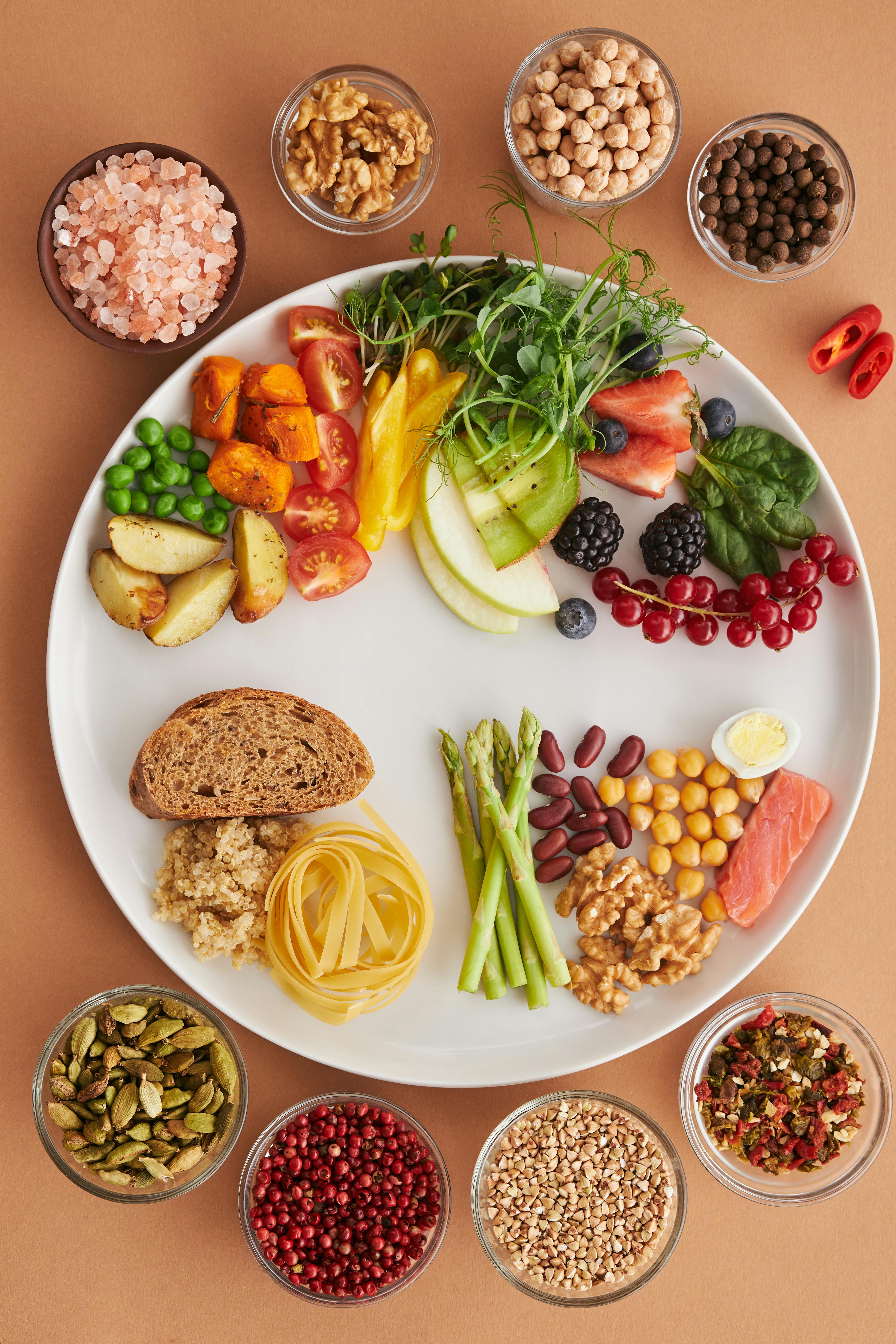Best 5 Practical Ways to Ensure Less Stress in 2025
As the world evolves, so too does our approach to managing stress. In 2025, finding methods to reduce stress has become more essential than ever. Stress impacts our quality of life, productivity, and overall well-being, making it crucial to adopt effective strategies that yield the best results. This article outlines the best practical techniques for minimizing stress, highlighting their advantages and effectiveness.
We'll explore the following methods to ensure you have the best resources at your disposal: the importance of mindfulness and meditation, effective time management techniques, the role of physical fitness, the benefits of healthy eating, and the implementation of technology in stress management. By the end of this article, you will be equipped with actionable insights to lead a less stressful and more fulfilling life in 2025.
Embracing Mindfulness and Meditation
Building on the fundamentals of stress management, the practice of mindfulness and meditation offers valuable techniques that promote better mental health. Mindfulness encourages individuals to focus on the present moment, thus reducing anxiety related to the past or future. Meditation acts as a tool to enhance this focus, helping to cultivate inner peace.
The Power of Daily Mindfulness Practices
Incorporating daily mindfulness exercises has shown substantial improvements in stress reduction. Techniques such as deep breathing and body scans can provide immediate relief from anxiety. Research has consistently shown that people who practice mindfulness report lower levels of stress and improved emotional regulation.
Effective Meditation Techniques
There are numerous meditation styles catering to different preferences. For instance, guided meditations can be beneficial for beginners. Apps and online platforms provide access to a variety of resources which can aid in teaching these skills, thus leading to better mental health outcomes.
Long-Term Benefits of Meditation
Over time, consistent meditation practice cultivates resilience against stress. Individuals often report an overall better quality of life, marked by improved relationships and heightened productivity. This approach is well-documented in various studies, making it one of the best methods to ensure a stress-free 2025.
Effective Time Management Techniques
With these mindfulness concepts established, we move on to time management, another essential strategy to mitigate stress efficiently. How individuals organize their time can significantly influence their stress levels and overall happiness.
Prioritizing Tasks for Optimal Efficiency
Using methods such as the Eisenhower Matrix allows individuals to categorize tasks by urgency and importance. This effective scheduling can lead to better time management, alleviating the stress of last-minute deadlines. By prioritizing tasks, you can focus on what truly matters, promoting a healthier work-life balance.
Implementing Smart Scheduling
Using calendars and digital tools to schedule your day not only aids in staying organized but also helps create a visual structure to your tasks. Allocating specific time frames for tasks fosters accountability and instills a sense of accomplishment, leading to lower stress levels.
Setting Boundaries
Learning to say no is crucial in maintaining a manageable workload. Create boundaries regarding your time commitments to prevent overwhelm. This strategy not only enhances productivity but also promotes better mental health by reducing pressure.
The Role of Physical Fitness
Connected to effective time management, physical fitness is pivotal in combatting stress. Engaging in regular exercise is one of the best practices for enhancing both physical and mental health.
The Science Behind Exercise and Stress Relief
Physical activity releases endorphins, known as the body’s natural painkillers, promoting a sense of euphoria. Studies verify that individuals who engage in regular exercise experience reduced levels of anxiety and depression.
Finding the Right Fitness Routine
Choosing an enjoyable fitness routine can boost motivation and consistency. Whether it's yoga, swimming, running, or dance, the key is to commit to regular activity that fits within your lifestyle.
Incorporating Movement into Daily Life
Beyond structured workouts, finding ways to integrate movement into your day can further enhance stress management. Simple changes, such as taking the stairs instead of the elevator or going for a walk during breaks, can distinctly improve overall fitness levels and reduce stress.
Healthy Eating Habits for a Stress-Free Life
As a continuation of our physical fitness approach, the food we consume plays a critical role in stress management. Adopting healthy eating habits can significantly impact mental health.
Understanding the Impact of Nutrition on Stress
Certain foods can exacerbate stress, while others contribute to mental well-being. A balanced diet rich in fruits, vegetables, lean proteins, and whole grains can positively affect energy levels and mood. Research highlights that a healthy diet is associated with better stress resilience.
Meal Planning for Healthy Choices
Meal planning is an excellent way to ensure you're making nutritious choices. Preparing meals ahead of time can help you avoid unhealthy snacks during busy days. It is among the best strategies for a stress-free experience.
Mindful Eating Practices
Engaging in mindful eating—taking the time to savor each bite—can help reduce stress by fostering a more profound connection with food. This practice encourages awareness of eating habits, reducing the likelihood of emotional eating and enhancing overall satisfaction.
Leveraging Technology in Stress Management
To optimize our stress management techniques, let’s explore how technology can play a vital role in reducing stress effectively. In today’s digital age, there are numerous applications and platforms available to assist in achieving a stress-free lifestyle.
Utilizing Wellness Apps
There are top-rated wellness apps designed to facilitate meditation, track fitness goals, and manage time effectively. These tools can provide insights into your stress triggers and offer practical solutions for improvement. Leveraging technology can support your journey toward less stress.
Online Communities and Support Networks
Connecting with like-minded individuals through online platforms allows users to share experiences and find communal support. Engaging with these communities can foster a sense of belonging, which is crucial in combating stress.
Setting Digital Boundaries
While technology can be beneficial, it's essential to implement digital wellness strategies. Taking breaks from screens and managing notifications can lead to better mental clarity and lower stress levels.
Conclusion
In summary, by understanding and implementing these best practices, such as mindfulness and meditation, effective time management, physical fitness, healthy eating habits, and leveraging technology, individuals can create a more stress-free environment in 2025. Each of these methods offers unique advantages that work together to promote overall wellbeing and resilience against stress.
By employing these best strategies, you'll pave the way for a healthier mindset and lifestyle, leading to a brighter and less stressful future.
 example.com/image2.png
example.com/image2.png
 example.com/image3.png
example.com/image3.png 